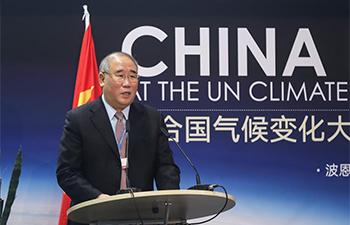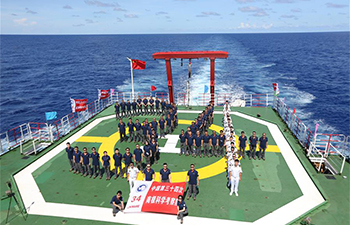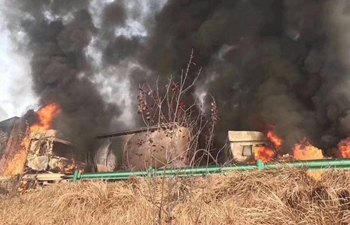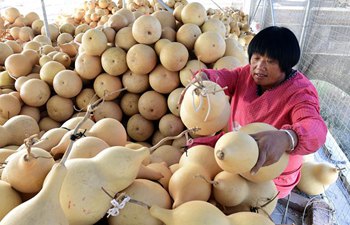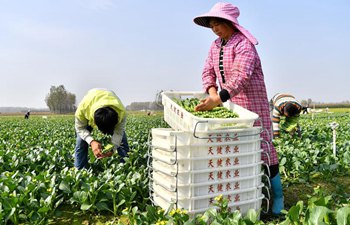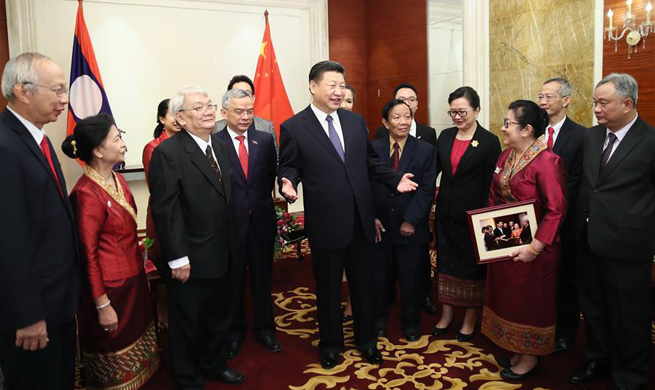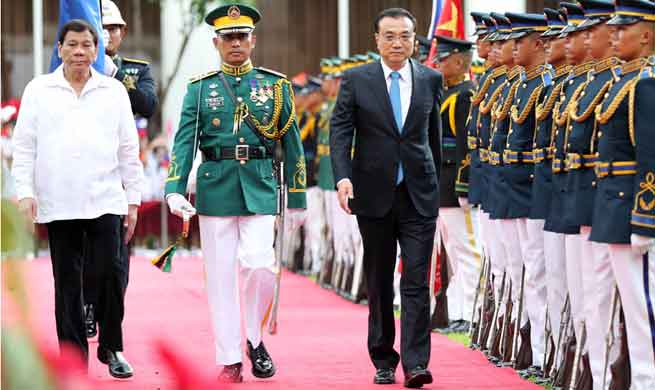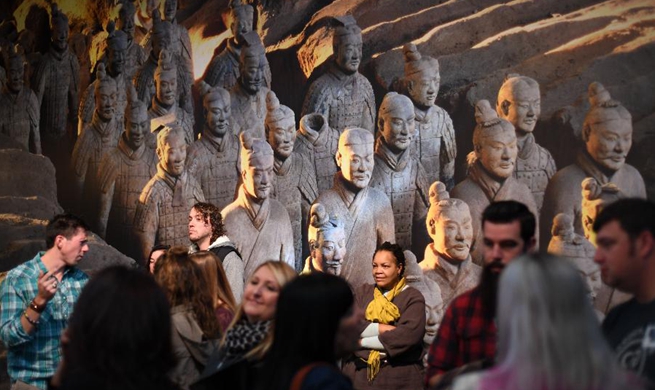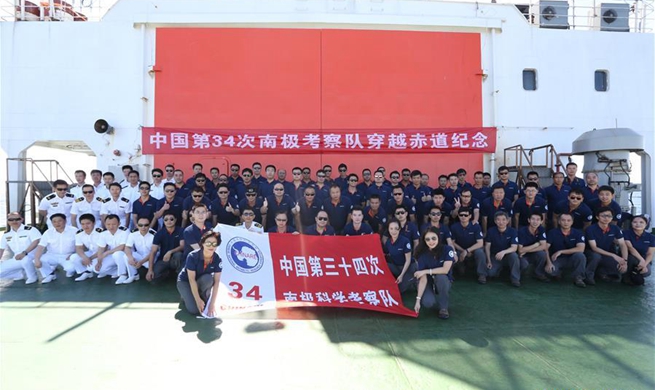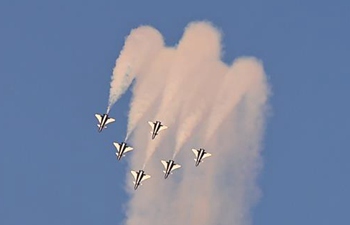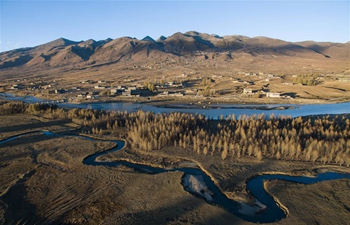by Xinhua writers Tian Dongdong, Liang Linlin, Shuai Rong
BRUSSELS, Nov. 15 (Xinhua) -- European Commission President Jean-Claude Juncker, in his recent State of the Union address,told the European Parliament that "we are not naive free traders." To show the European Union (EU) means what Junker says, the parliament gave the green light Thursday to a new anti-dumping law.
No country outside the EU assumes it to be naive, but they do expect it to be reliable and mature. After all, if the collective GDPs of its members were combined, the EU would count as the world's second largest economy.
The new EU law came against a backdrop of the expiry in December 2016 of the Article 15 of the Protocol on China's accession to the World Trade Organization (WTO), which allowed the EU to regard China as a Non-Market Economy and use a "surrogate country approach" in its anti-dumping investigations against China.
Addicted to waving its "surrogate country" stick, the EU is reluctant to disarm itself. The expiry of the protocol has torn the EU between the charm of its "trump card" and WTO obligations.
But neither dislike nor rejection defends Europe's reputations the champion of free trade. Having its cake and eating it, the EU, in the name of not being "naive", has cooked up a concept of "market distortion". This concept is stated neither in the anti-dumping, nor the anti-subsidy rules of the WTO, as a replacement of the "surrogate country approach".
By legalizing this concept, the EU is playing on words with the world. Even if the "surrogate country approach" is dropped, the EU has left open the option of using "international" prices and cost reference in further anti-dumping cases if "market distortion" is found -- a case of simply adding old wine into a new bottle.
In a nutshell, the EU wants to kill three birds with one stone through the scheme -- safeguarding its reputation, fulfilling obligations endowed by Article 15, while thirdly, keeping its stick.
However, every coin has two sides and the scheme risks the EU's own prosperity in three ways.
For starters, the new law stains the EU's reputation as a reliable partner. "Market distortion" is essentially a "surrogate country approach" in disguise. Once carried out, the EU fails to fulfil its duty as a responsible member of the WTO. Also, what happens in Brussels never stays within Brussels. An undisciplined EU could surely encourage other countries to follow suit.
Secondly, as Junker once said, there is no protection in protectionism. By updating its protectionism arsenal, the EU is putting the cart before the horse in protecting its less-competitive industries. Take the EU steel industry as an example, with its lingering illness resulting from its high costs in energy, environment and labor. Those factors, rather than steel imported from China, weaken the competitiveness of EU companies' in the global steel market.
Besides, it is a well known fact that a healthy portion of competition from outside is crucial to the health of a domestic industry. But the EU has simply blocked it.
Thirdly, the new law is bad news for Sino-EU trade and economic cooperation. By 2016 the EU had been China's largest trading partner for 12 years in succession, while China ranked as the EU's second largest trading partner for 13 consecutive years. Both sides have greatly benefitted from their win-win cooperation.
Unfortunately, that is not the whole picture. Data released by the EU show that China is by far the main target of anti-dumping duties imposed by the EU. By October 2016, definitive anti-dumping duties against more than 50 different Chinese products were in place, affecting mainly the aluminum, bicycle, cement, chemicals, ceramics, glass, paper, solarpanel and steel industries.
In most of the above industries, the EU took the view that China had accumulated massive over-capacity in relation to demand.
In reality, China's effort to cut overcapacities at home, especially in the steel industry, has been underestimated. China is reducing its steel capacity by 100 million tons to 150 million tons between 2016 and 2020. In 2016 alone, more than 65 million tons of steel production capacity was phased out, exceeding an annual target. By the end of May, a total of 42.39 million tons of capacity had been slashed, accounting for 84.8 percent of the annual goal.
When Junker said "the EU is not naive", he probably meant that the EU is not nearsighted, irrational or irresponsible. Given the rising tendency of protectionism across the world, the fragility of the EU's economic recovery, and most importantly, the scale of China-EU economic relations, the approval of the new law points to the opposite being the case.




